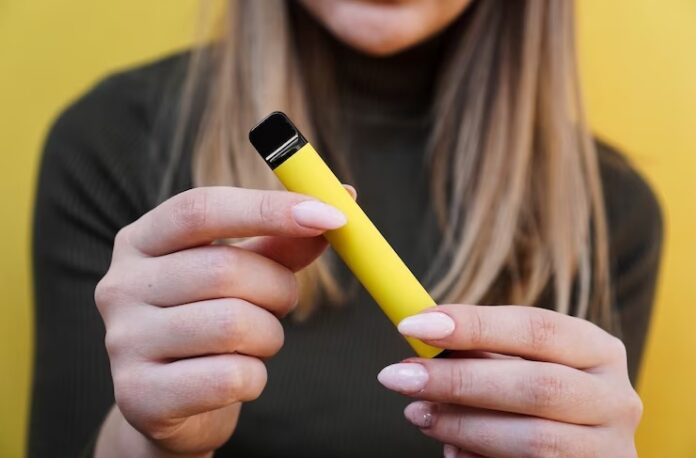As the popularity of THC vapes continues to grow, so does the concern surrounding drug testing and its potential implications for users. Tetrahydrocannabinol (THC), the primary psychoactive compound in cannabis, is one of the substances tested in various drug screening methods.
Whether for employment, sports, or legal reasons, understanding how THC vape can impact drug test results is essential for users to make informed decisions. In this article, we will explore what to expect when it comes to THC vapes and drug testing.
1. Drug Testing Methods
Table of Contents
There are several drug testing methods commonly used to detect the presence of THC in the body. Urine tests are the most common form of drug testing and can detect THC and its metabolites in the body. THC can be detected in urine for several days to weeks after use, depending on frequency and intensity of use.
2. THC Vaping and Drug Testing
Using THC vapes can lead to the presence of THC and its metabolites in the body, which may trigger positive results on drug tests. The frequency and intensity of THC vape use, as well as individual factors like metabolism and body fat percentage, can influence the duration of detectability.
3. THC Concentration in Vape Products
The THC concentration in vape cartridges can vary significantly depending on the product’s potency. Regular and heavy users of high-potency THC vapes are more likely to have detectable THC levels for a more extended period, compared to occasional users or those who consume lower-potency products.
4. Legality and Employment Policies
The legal status of THC, both medically and recreationally, varies by country and state. Some jurisdictions have more lenient cannabis laws, while others maintain strict prohibition. Additionally, employers may have their policies regarding drug testing and cannabis use. It is essential for users to be aware of local laws and workplace policies to understand the potential consequences of using THC vapes.
5. False Positives
While drug tests are designed to be accurate, false positive results can occur. In some cases, certain medications or substances can trigger a false positive for THC on a drug test. If you are using THC vapes and face a drug test, it may be helpful to inform the testing administrator about your recent THC vape use to avoid any confusion or misinterpretation of results.
6. Detoxification and Clearance Time
For individuals concerned about passing a drug test after using THC vapes, several factors can affect THC clearance from the body. Drinking plenty of water, exercising, and following a healthy diet may help expedite the elimination of THC and its metabolites. However, individual factors, such as metabolism and frequency of use, play a significant role in determining the clearance time.
7. Legal Protections
In some regions, individuals may have legal protections against employment-related drug testing for cannabis, particularly for medical cannabis users. However, these protections vary depending on local laws and regulations.
8. Employer’s Approach
Employers may take different approaches to cannabis use in states where recreational or medical cannabis is legal. Some may have zero-tolerance policies, while others may adopt a more lenient stance. Understanding your employer’s stance on cannabis use and drug testing is crucial to avoid potential conflicts.











